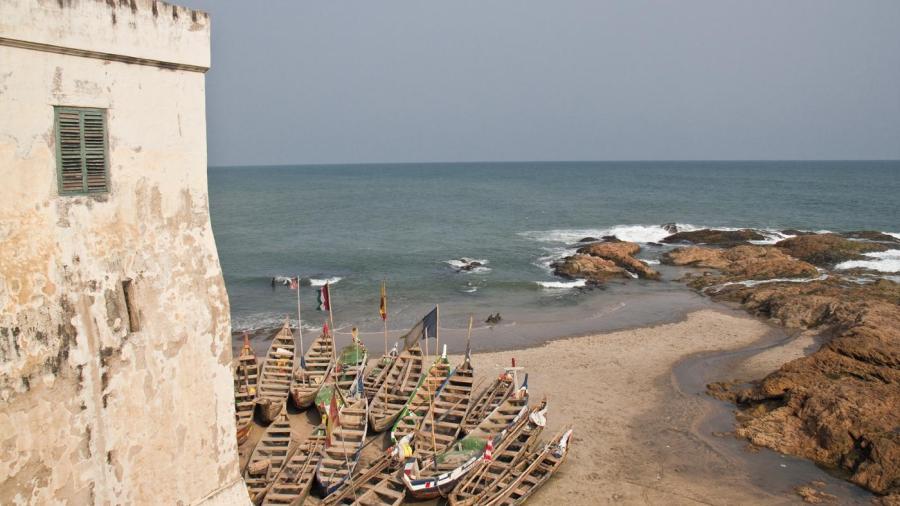What Were the Social Classes in Ancient Ghana?

Ancient Ghana was a kingdom. Its social classes consisted of the king and his court, the warrior tribes, local governors and citizens. The Ghana Empire became wealthy from trading gold.
Ancient Ghana, or Wagadugu, its official name, was a kingdom located within what are now the borders of Mauritania, Mali and Senegal on the African continent. The king was in charge. The position was passed down matrilineally, with the king’s sister’s son inheriting the throne. The king appointed his court members, which were mayors, civil servants, counselors, ministers (later prime ministers or viziers) and other managers who filled administrative roles.
The tribal warriors, the Soninkes, were a powerful group. The Soninkes were responsible for overthrowing the first Ghana government, which was ruled by the Berbers. That takeover and the ensuing outside conquests by the Soninkes enabled the Ghana Empire’s great expansion. The Ghana Empire incorporated its conquered provinces into the kingdom. These territories were ruled by governors appointed by the king.
Outside of the leaders, the rest of the population was citizens. Some elderly citizens assumed leadership or management positions within communities. Ancient Ghana was a wealthy kingdom from the gold trade. The main source of gold came from the Senegal area. Land between the upper Niger River and Senegal River was rich with resources.





